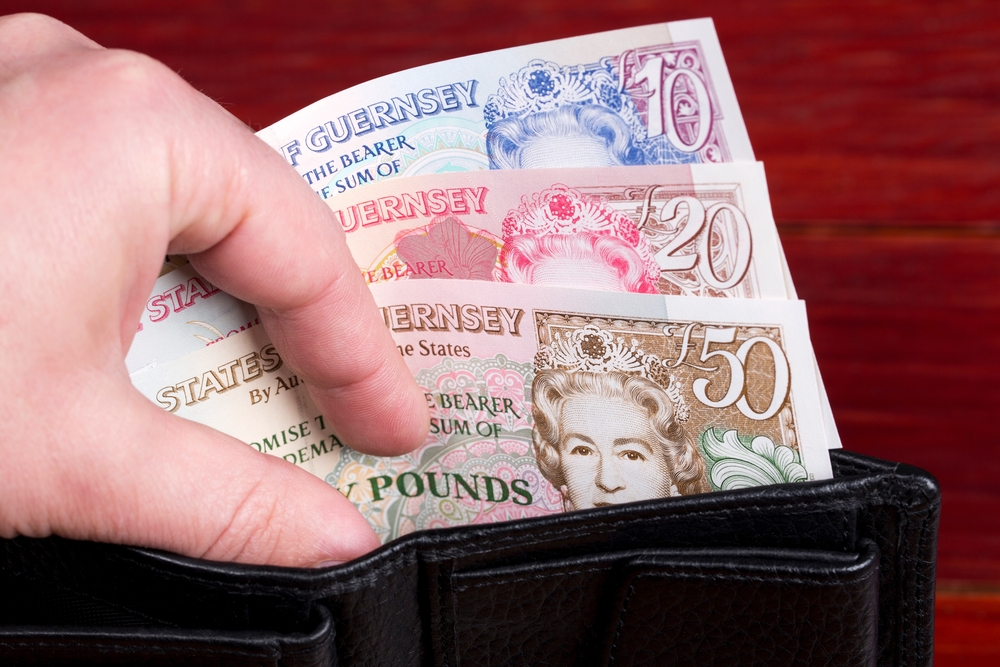


Some shoppers in Guernsey are still trying to pay with £20 and £50 UK paper banknotes which are no longer legal tender.
The Bank of England withdrew the paper notes on 30 September and replaced them with £20 and £50 notes made from a synthetic polymer, which have more security features and last longer.
The paper notes can no longer be used to pay for goods or services, but they can be exchanged at banks for polymer notes of the same value.

Pictured: The Bank of England announced around nine years ago that paper banknotes would gradually be replaced with notes made from a synthetic polymer.
"Whenever the Bank of England withdraws a bank note design from circulation and removes its status of legal tender in the UK, this also applies to the Bailiwick of Guernsey," said the States.
"Therefore, the paper £20 and £50 banknotes noted as 'Series F' [introduced in 2007 and 2011 respectively] will not be accepted as a means of payment. But these old sterling banknotes can be exchanged through high street banks or directly with the Bank of England.
"Also, although it is likely that the local high street banks will still accept these banknotes if customers are depositing funds, it is recommended that islanders check directly with their bank."

Pictured: Express has been contacted by retailers and shoppers aware that some people are still trying to use old-style £20 and £50 UK paper banknotes to pay for goods in local shops.
These changes affect only UK banknotes. Guernsey banknotes are unaffected.
The States said they "have no involvement with Bank of England sterling banknotes".
"The decision by the Bank of England has no bearing on Guernsey £20 and £50 banknotes, which remain legal tender within the Bailiwick," they said.

Pictured: French francs were used in Guernsey until 1921, but in that year Guernsey entered currency union with the UK and adopted Guernsey pounds equal in value to sterling pounds.
The Series F £20 sterling paper note features the Scottish economist Adam Smith, who was the first Scot to appear on an English note. The note entered circulation on 13 March 2007.
Its replacement - the Series G £20 sterling note made from synthetic polymer - features the artist J M W Turner. The note entered circulation on 20 February 2020.
The Series F £50 sterling paper note was the first Bank of England banknote to feature two Britons on the reverse: James Watt, also a Scotsman, and Matthew Boulton. It entered circulation on 2 November 2011.
Its replacement - the Series G £50 sterling note made from synthetic polymer - features the scientist Alan Turing. It entered circulation on 23 June 2021.
Comments
Comments on this story express the views of the commentator only, not Bailiwick Publishing. We are unable to guarantee the accuracy of any of those comments.